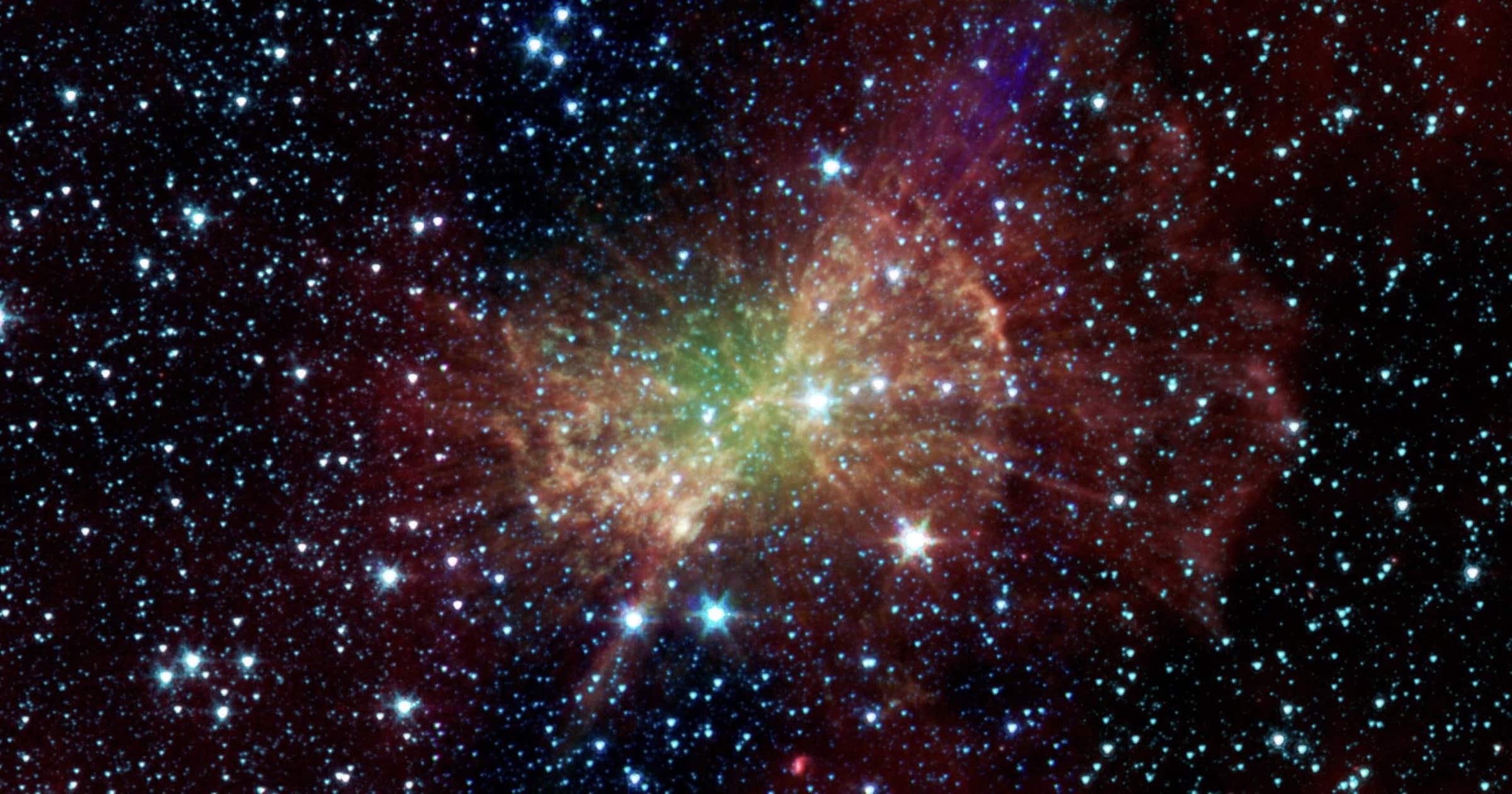 Evolution
Evolution
 Physics, Earth & Space
Physics, Earth & Space
What the Big Bang Theory Tells Us About Creation

Writing at Big Think, University of Rochester astrophysicist Adam Frank informs us, “The Big Bang says nothing about the creation of the cosmos.”
We are often told that the Big Bang is a theory of cosmic creation — that it tells us how the Universe was created out of nothing and went on to evolve into all the galaxies, stars, and planets. The problem with that characterization is that only the second part of it is true. Yes, what we call the Big Bang is a theory of cosmic evolution. But the Inflationary Universe standard model that guides cosmology says nothing about cosmic origins. The birth of space, time, matter, and energy is simply not there.
While strictly true, that is a bit misleading. It’s like saying that evolution has nothing to say about the origin of life (OOL). That’s what Ernst Mayr said anyway. But it does. Evolution says that the first life began with a very, very simple cell. And everything evolved from there. The theory of evolution does not say that life came from a primeval pair of humans, for example. Simply by accepting the theory, one excludes many, many creation myths about origins.
In the same way, simply by accepting the Big Bang, many origin stories are excluded. The universe did not begin with a cosmic snow globe, or an accident at the CERN accelerator. It had to begin with Georges Lemaître’s “Cosmic Egg.”
If one thinks that OOL is constrained by being forced into an evolutionary theory, then one could at least argue that the origin of the universe is constrained by being fitted into a Big Bang theory.
